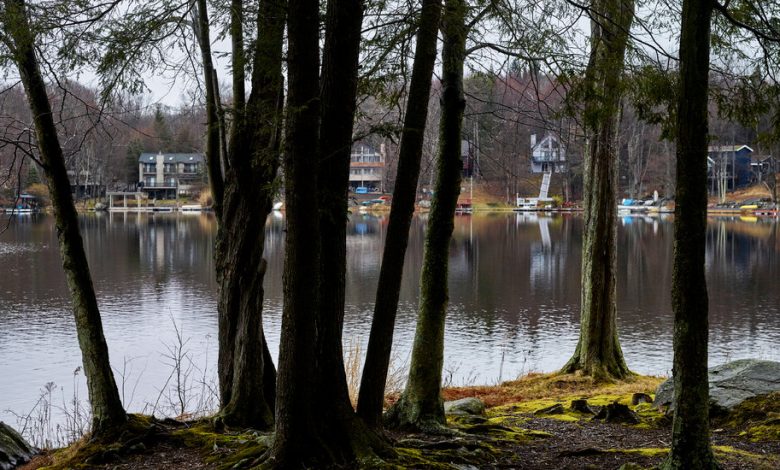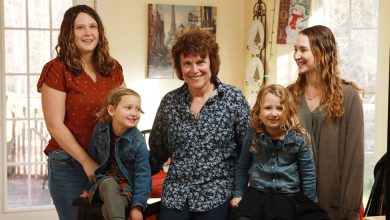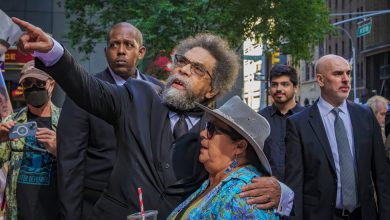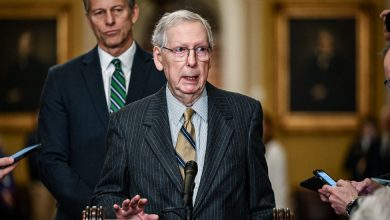A Showdown Pits Owners of Second Homes Against Full-Time Residents

The Hideout, a gated community in the Pocono Mountains of Pennsylvania, had long operated under an unspoken covenant. Whether by choice or by circumstance, the second-home owners deferred to the needs of full-time residents, a core 900 or so households.
But in 2020, “the front platers” — a pejorative for New Yorkers and New Jerseyans whose cars bear license plates on the front in addition to the rear — started to come in droves, lured to the area by a perfect storm: low-interest mortgage rates and a new work-from-home normal.
What happened next remains a fight in Pennsylvania Commonwealth Court. Many new Hideout homeowners bought their second homes with a plan to subsidize their mortgage or earn passive income by renting short-term on sites like Airbnb and Vrbo. Unlike many newer communities, the Hideout had codified the right of homeowners to rent out their places to vacationers long before the popularity of short-term rental sites.
By February 2022, the Hideout’s seven-member homeowners’ association board declared that the Hideout was fully “residential.” This move was made in response to a Pennsylvania Supreme Court decision to outlaw short-term rentals in residential neighborhoods. By June of that year, residents voted 1,406 to 988 to limit short-term rentals to 10 times per calendar year.
The amendment was supposed to go into effect in January 2023, but it was suspended “due to pending litigation and on the advice of counsel,” according to the Hideout’s website. The amendment-in-limbo and pending court case have caused confusion and hurt feelings. The debate over short-term rentals sparked social media fights, at least one ejection from a meeting and the hiring of security officers to escort the leaders of the homeowners association.





